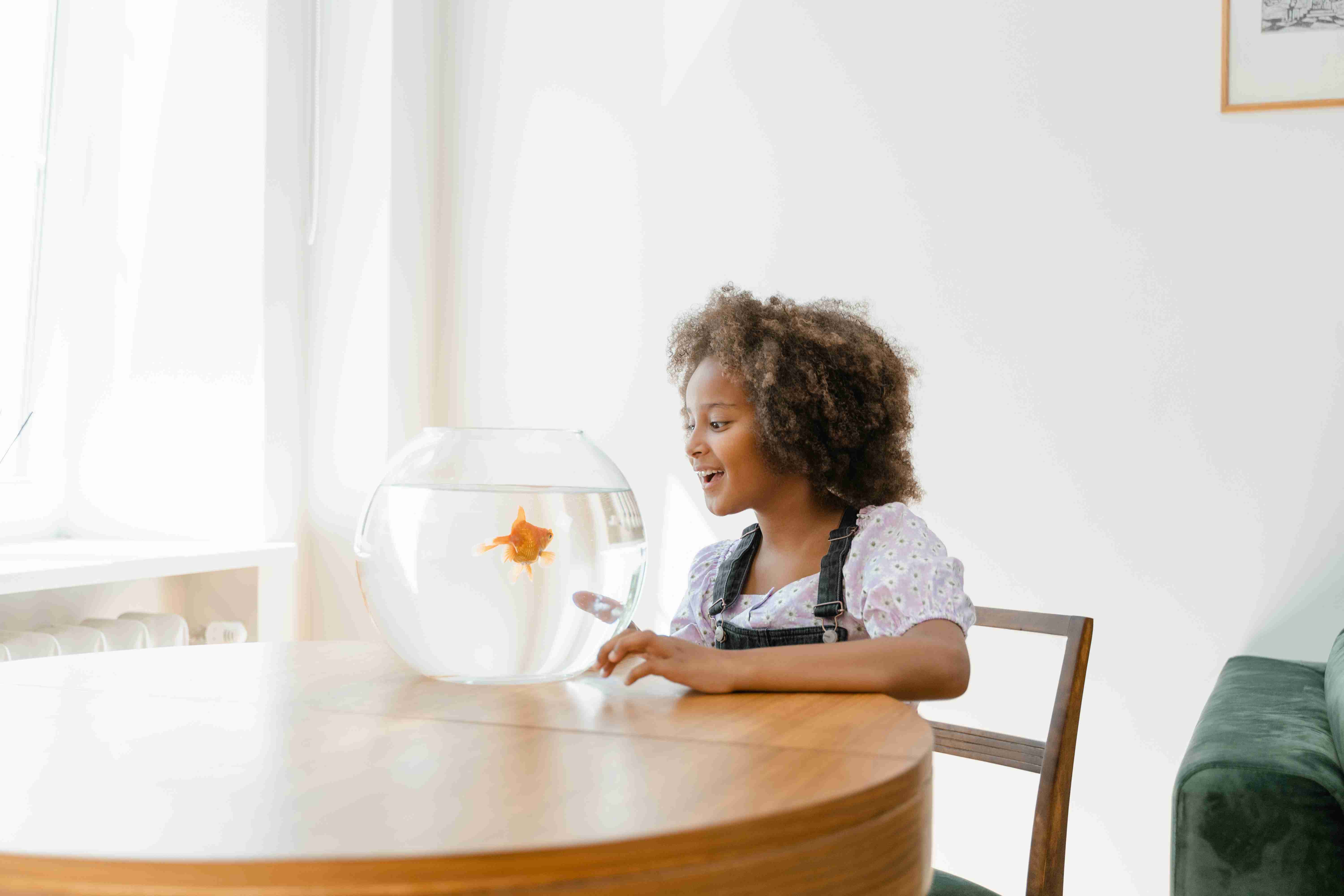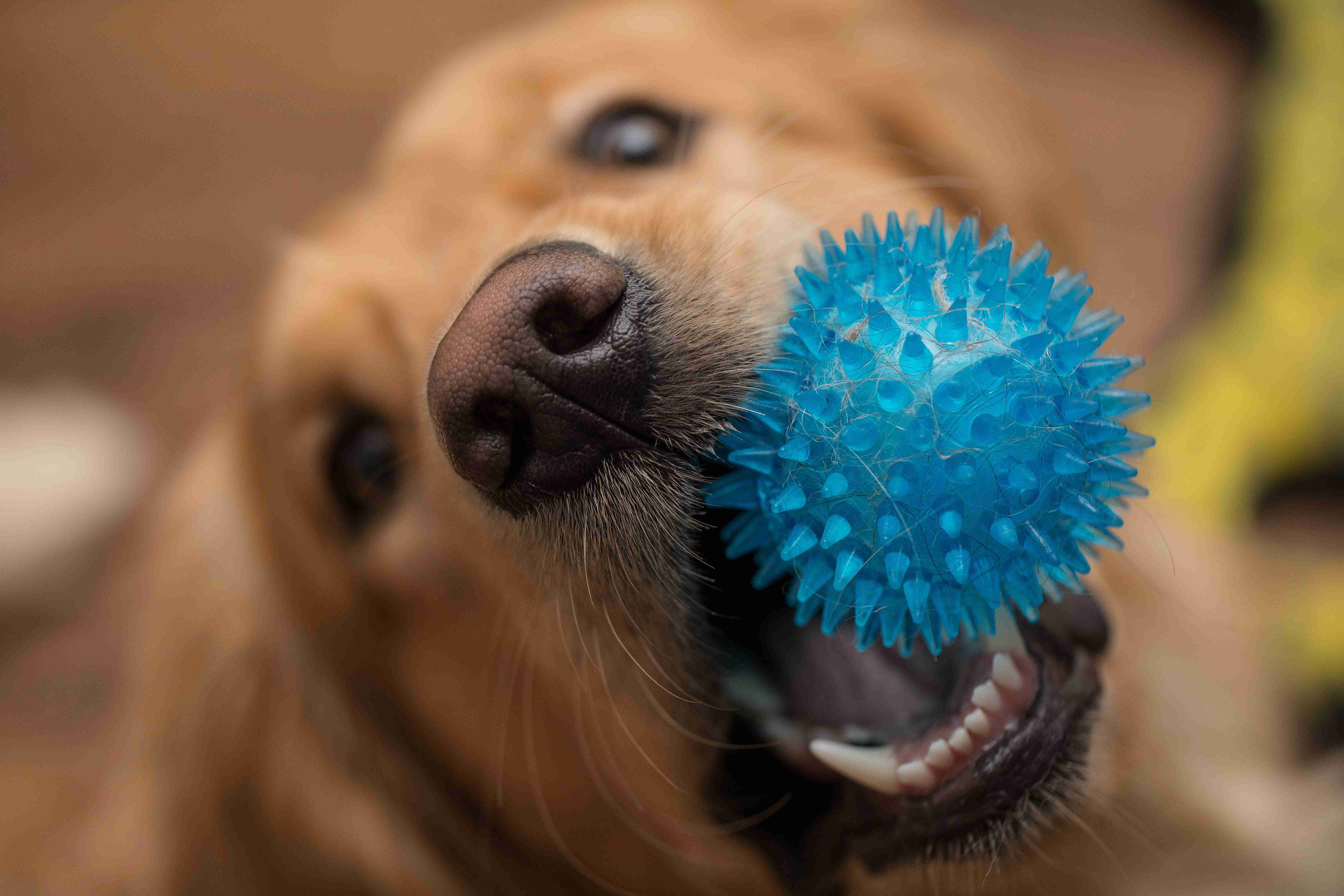Chihuahuas are known for their small size and big personality. They are loyal, affectionate, and playful, but sometimes they can display aggressive behavior that catches their owners off guard. Chihuahua aggression is a common issue that many owners face, and it can be a serious problem if not addressed properly. The first step in addressing Chihuahua aggression is understanding what triggers it. In this blog post, we will unravel the mystery behind Chihuahua aggression and explore some common triggers that can cause your furry friend to become aggressive. By understanding these triggers, you can take proactive steps to prevent aggression and ensure a happy and healthy relationship with your Chihuahua.
Chihuahuas are tiny dogs with big attitudes. They are known for their feisty personalities, but sometimes, that feistiness can turn into aggression. Chihuahuas have a reputation for being aggressive, but the truth is that any dog can become aggressive if they feel threatened or scared. In this blog post, we will explore some of the common triggers for Chihuahua aggression and how to prevent it from happening.
- Lack of socialization
Chihuahuas need to be socialized from a young age. If they are not exposed to different people, dogs, and environments, they can become fearful and aggressive. Socialization helps Chihuahuas learn how to interact with others and feel comfortable in new situations. If your Chihuahua has not been socialized, it is important to start slowly and gradually expose them to new experiences.
- Fear
Fear is a common trigger for Chihuahua aggression. If your Chihuahua feels threatened or scared, they may lash out to protect themselves. Fear can be caused by loud noises, unfamiliar people or animals, or even changes in the environment. It is important to identify what is causing your Chihuahua to feel afraid and address it. If your Chihuahua is afraid of loud noises, for example, you can try desensitization training to help them become more comfortable with those sounds.
- Territorial aggression
 - Copy - Copy.jpg)
Chihuahuas can be very protective of their homes and their owners. They may become aggressive towards strangers who enter their territory. Territorial aggression can be dangerous if not addressed. It is important to work with your Chihuahua to teach them that not everyone who comes into your home is a threat. You can also teach them to be quiet and calm when someone comes to the door.
- Pain or illness
If your Chihuahua is in pain or is sick, they may become aggressive. This is because they are trying to protect themselves from further discomfort or pain. It is important to take your Chihuahua to the vet if you suspect they are in pain or are sick. Once they are feeling better, their aggression should subside.
- Lack of exercise
Chihuahuas are energetic dogs that need regular exercise. If they do not get enough exercise, they may become restless and agitated. This can lead to aggression. It is important to give your Chihuahua plenty of opportunities to exercise and play. This can include walks, playtime in the yard, or even taking them to a dog park.
Chihuahua aggression can be a serious problem if not addressed. It is important to identify the triggers for your Chihuahua’s aggression and work to prevent it from happening. This can include socialization, addressing fear, working on territorial aggression, addressing pain or illness, and ensuring your Chihuahua gets enough exercise. With patience and dedication, you can help your Chihuahua overcome their aggression and become a happy and well-adjusted companion.
In conclusion, it’s important to understand that Chihuahua aggression is a complex issue that requires careful attention and patience. By identifying the common triggers, we can start to proactively manage our Chihuahua’s behavior and prevent potentially dangerous situations from occurring. Remember, aggression in dogs is not a personality trait, but rather a response to a particular situation. With proper training, socialization, and management, we can help our Chihuahuas become well-behaved and happy companions. So, let’s work together to create a safe and harmonious environment for our furry friends.
Please follow us on Social Media


%20-%20Copy%20-%20Copy.jpg)

%20-%20Copy%20-%20Copy.jpg)
%20-%20Copy.jpg)


